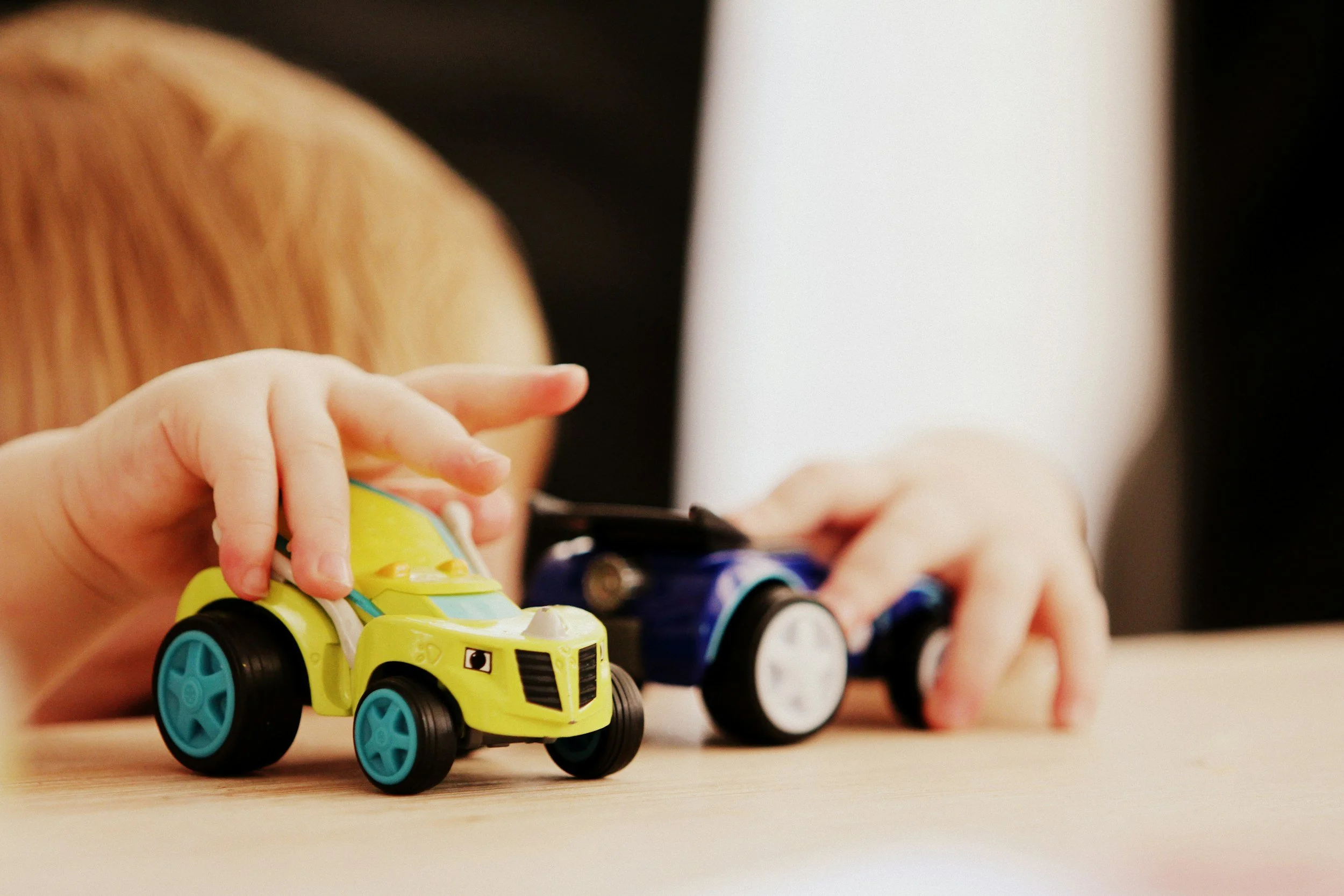
Parent-Child Interaction Therapy (PCIT)
Strengthen your relationship, reduce stress, and build confidence with evidence-based parent-child support.
If parenting feels like a constant power struggle—and your child’s big feelings are leaving you overwhelmed, exhausted, or unsure what to do next—you’re not alone. Many loving, capable parents reach a point where nothing seems to be working. That’s where Parent-Child Interaction Therapy (PCIT) comes in.
PCIT is a research-backed, highly effective therapy that helps young children with behavior problems—and their caregivers—build better communication, stronger relationships, and real-life skills that lead to lasting change. It’s hands-on, practical, and supports you as the most important person in your child’s life.
What Is Parent-Child Interaction Therapy (PCIT)?
Parent-Child Interaction Therapy (PCIT) is a structured, evidence-based program that supports children ages 2 to 7 and their caregivers. Instead of focusing on the child alone, PCIT involves both of you—because healing, learning, and change happen best in relationship.
PCIT takes place in real-time. While you and your child interact in a playroom, your therapist observes and coaches you live through a small earpiece. You’ll get clear, supportive guidance on what to say and do to help reduce meltdowns, increase cooperation, and build a more connected, respectful relationship.
This isn’t a one-size-fits-all script or parenting “quick fix.” It’s a step-by-step process that gives you the tools, confidence, and support to shift patterns and create the kind of calm, responsive parenting you want—without yelling, shaming, or losing your cool.
Real-Time Coaching. Real-Life Results.
What Makes PCIT Unique?
In-the-Moment Coaching – You wear a small earpiece while playing with your child. The therapist guides you through live coaching.
Proven Framework – You learn and practice two phases: child-led play (relationship building) and effective discipline strategies.
Measurable Change – We track progress weekly using proven tools to ensure success and adjust as needed.
CONNECT —> COACH —> CHANGE
““In the space between frustration and understanding, there’s an opportunity to grow stronger—together.””
Who PCIT Can Help
You don’t need a diagnosis or a referral. If things feel chaotic, confusing, or tense between you and your child—and you’re not sure how to help them calm down or cooperate—PCIT can help.
PCIT is ideal for children ages 2 to 7 who are experiencing:
Frequent tantrums or meltdowns
Defiance, yelling, or aggressive behavior
Refusing to follow directions
Difficulty with transitions or rules
Struggles with attention or impulse control
Traditional therapy often focuses on talking about problems. PCIT does something different—it coaches you in the moment, while you're interacting with your child.
It focuses on how to:
Respond instead of react
Reinforce positive behavior
Set clear boundaries with kindness
Build emotional safety and connection
Feel more in control and less overwhelmed
It’s also helpful for families who:
Feel exhausted by daily power struggles
Want to improve their connection and communication
Are navigating adoption, trauma, or early stress
Need support breaking cycles of yelling, shame, or disconnection
Research shows PCIT:
Reduces disruptive behaviors
Improves emotional regulation
Strengthens caregiver confidence and connection
Is effective for diverse families and cultures
Works even when other approaches haven’t
What to Expect in PCIT Sessions
Each session is structured but flexible. You and your child play together in a room while your therapist observes and gently coaches you from behind a one-way mirror (or via live video, if online).
You’ll wear a small earpiece that lets your therapist guide you in real time, offering simple, supportive prompts. Sessions usually happen once a week and last about 50 minutes.
PCIT happens in two main phases:
1. Child-Directed Interaction (CDI)
In this phase, you’ll learn how to:
Tune into your child with warmth and attention
Follow their lead in play
Use praise and positive language to build connection
Reduce tension and power struggles
This phase builds your child’s sense of safety, self-esteem, and trust in you as a calm, attuned caregiver.
2. Parent-Directed Interaction (PDI)
Once connection is strengthened, you’ll learn how to:
Give clear, effective directions
Use consistent, calm follow-through
Set healthy boundaries without threats or shame
Help your child manage frustration and impulse control
This phase helps your child feel more secure with structure—and helps you feel more confident in your parenting role.
Benefits of PCIT for Families
Families who complete PCIT often report:
Fewer tantrums, power struggles, and aggressive behaviors
A more peaceful home environment
Stronger, more secure parent-child connection
Improved communication and emotional expression
Greater confidence in setting boundaries
Better behavior and emotional skills in school or daycare
Reduced parental stress, guilt, or burnout
You don’t have to stay stuck in survival mode. You can build a home filled with more calm, cooperation, and joy.



